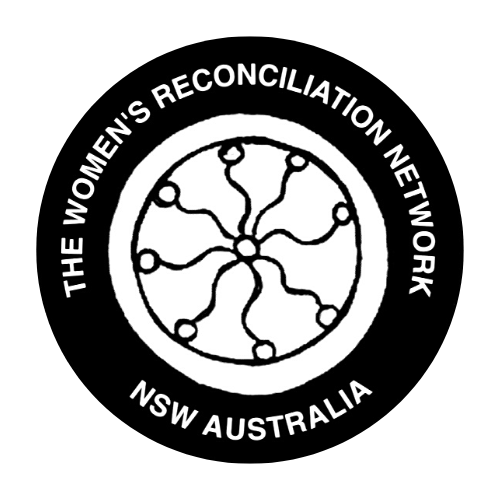What led me to joining WRN?
I came to knowledge and understanding about Australia’s First Nations quite late in life. This, even though I grew up in a small country town observing a solitary Aboriginal family living on the margins of the country I called my own. In hindsight the social justice issues I learned about in my youth all related to missions in faraway lands. From the Bicentennial ‘celebrations’ until I took part in the 2000 Bridge Walk my awareness was an uncomfortable nagging at the back of my mind. The emotional jolt came early in retirement while enjoying writing about my country. What did I mean my country? It’s not my country! I pursued Aboriginal Studies at Notre Dame University where an early assignment directed me to make concrete connection to some Aboriginal people. Enter the Women’s Reconciliation Network via Rose Mary Kinne. And the rest as they say is history! I have since read of esteemed non-Indigenous Australians, who came to awareness of the true history we ‘settlers’ share with First Nations people in a similar way, that is through their own love of country. I refer to the poet and passionate First Nations advocate, Judith Wright and historian Mark McKenna.
What are the biggest challenges facing true reconciliation?
The biggest challenge seems to be seeking out and sharing with others the truth of our history. The true history of successive eras of rolling frontier violence, Aboriginal ‘protection’ to soothe the pillow of a dying race; assimilation through deliberate destruction of families and communities with ongoing impacts to the present day is surprisingly still little known by many Australians. The great Australian silence seems to persist. As long as our shared history is not taught to our youth in a national curriculum, we adults must seek it out and find ways to share that knowledge. Our First Nations leaders have shown us the way. Voice Treaty Truth.
Aspirations for a reconciled future between First Nations and non-Indigenous Australians.
Call it selfish of me but I hope to live long enough to see First Nations people respected and included in Australia’s founding document, taking a rightful place in {their} own country
